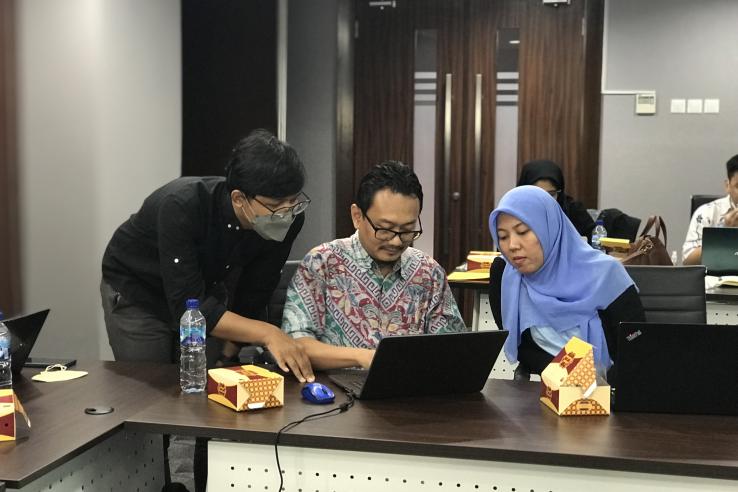Displaying 6571 - 6585 of 8168
Person
Person
Person
Person
Person
Person
Resource
Basic page
Blog
This is the second blog in a series illustrating stories of how J-PAL’s training courses have built new policy and research partnerships and strengthened existing ones to advance evidence-informed decision-making.
Blog
A key policy question in sub-Saharan Africa is how to reach yield potential for important crops without introducing further environmental degradation. Researchers partnered with Niger’s Ministry of the Environment and the Sahel Consulting Group to test barriers to the adoption of demi-lunes, a...
Resource
Basic page
Person
Person
Blog
At the American Association of Health Economists 2023 Annual Conference (ASHEcon), J-PAL North America staff organized a roundtable discussion on building research partnerships between clinicians and economists. This panel featured researchers from two randomized evaluations that brought together...
Blog
In part one of a series on fostering inclusion in the field of economics, we sat down with Marianne Bertrand (University of Chicago) about addressing professional conduct with the American Economics Association (AEA).
Blog
In part two of a series on fostering inclusion in the field of economics, Alicia Sasser-Modestino (Northeastern University) discusses gender dynamics in economics seminars.




